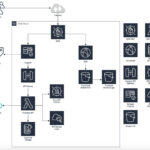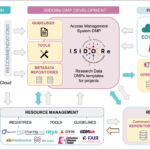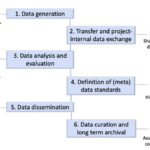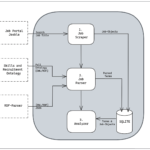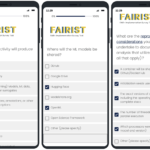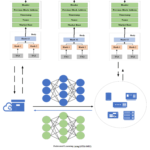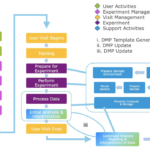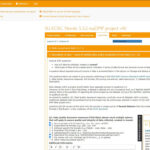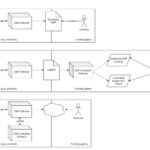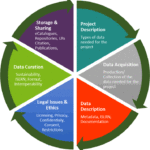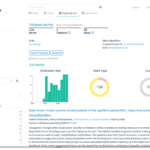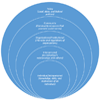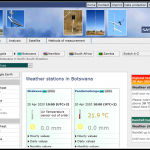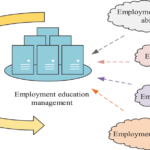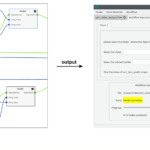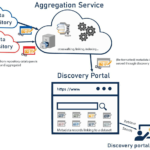This is the fourth in the series of short statements from candidates in the coming CODATA Elections at the General Assembly to be held on 27-28 October 2023. Audrey Masizana is a candidate for the CODATA Executive Committee as an Ordinary Member. She was nominated by Botswana
Dr Audrey Masizana is a Senior Lecturer and former Head of Department of Computer Science at the University of Botswana. She holds a PhD in Computer Science from University of Manchester UK (2004). He is also Fellow of Botswana Academy of Sciences (FBAS) since 2021 and Global Health International Scholar of University of Pennsylvania, USA (2023-2026).
As a member of Botswana CODATA National Committee, she is a strong advocate and passionate of the adoption of Open Data Open Science Policies and Instruments locally and across the continent. Currently she is the Chair of the development of the Botswana Open Data Policy established by the Botswana Presidential Task Force (Smart Bots) in March 2023, the outcome of which could provide the leadership and adoption in the African SADC region. In 2021 she was elected to serve for 2 years into the Executive Committee of the CODATA for International Science Council.
She has over the years gained enormous experience in spear heading academic networking platforms including chairing conferences such as Information Technology for Development (IASTED Africa 2014, 2016), International Conference in Cyber-Security and Information systems conference series referenced in ICICIS 2016 and here. Also, the International Data Week (IDW 2018) spearheaded by the University of Botswana. She has served as a member of the African Technical Advisory Committee which formed part of the first committee that established the African Open Science Platform in 2017. She is also one of the innovators of the VizAfrica Network and chaired the second VizAfrica Conference in 2019 delivered in collaboration with CODATA. She continues to serve in the organizing committees of the subsequent IDW and Viz Africa conferences.
As Head pf Department, she made contributions to the promotion of science and technology by providing leadership in the establishment of fostered local and regional collaborative projects around Hi Performance Computing (HPC) & Data Science Research, eHealth Research , Intelligent Systems Research and Open Data. She has served at national bodies such as the National Cyber Security Strategy Development Committee (2016) and its new Implementation Committee (2021).
Audrey is passionate in interdisciplinary post graduate research around Scientific Application of Data for Intelligent Decision Making for which she also conducts external examining for other universities. She is a well-seasoned researcher with 50+ publications. Currently serves as a Project Investigator of a project in Botswana named Kamogano that aims to evaluate the flow of clinical information from and to the front-line clinicians within Botswana Health Information Systems in collaboration with the Children’s Hospital of Philadelphia (CHOP). She is also a PI of another named MLCOVID19 conducted by the University of Botswana which aims to apply machine learning techniques to predict COVID-19 progression amongst patients in Botswana through risk analysis on survival and mortality rates.













